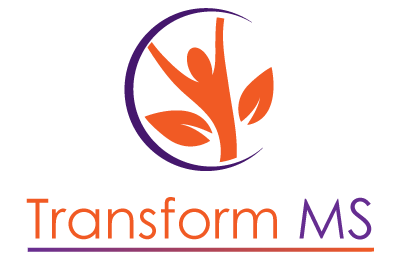Meditation and Multiple Sclerosis. Have you started Yet?
If the answer is yes – yeah you! If the answer was no, the next question is when are go going to start?
Why would you?
First, remember that Dr. Jean-Marie Charcot, the neurologist who first named multiple sclerosis in 1868, made the unmistakable link between stress and MS. If Dr. Charcot was talking about stress in 1868 can you image how much that has increased based on our modern, never-stop, do more, try harder, push, push, push lifestyles?!
Don’t forget stress resiliency is a must in MS!
It’s almost like we have become immune to the word ‘stress.’ At the same time we can’t lose sight of the fact that the stress response alters just about every physiological process in the body – including immune function, inflammation and blood sugar regulation which all affect the course of multiple sclerosis. Meditation on the other hand brings our body to a point of much needed stillness. And it is in that stillness that the body elicits the relaxation response (the opposite of the stress response) and creates the timeless environment for healing.
Our current medical model has dragged us so far away from the body’s natural capacity for healing in search of a simplistic external solution – that the importance of this still point, the relaxation response, has been lost.
The good news is that current and emerging science clearly validates millennia of traditional meditation wisdom and its role in the balance, restoration and healing of the body.
I just did a quick review of the published data on mindfulness meditation and multiple sclerosis. Within minutes I found a pile of scientific articles proving the positive impact of meditation on the symptoms of multiple sclerosis. This includes chronic pain, peripheral neuropathy, psychological stress, alterations in brain and immune function, cognitive function, improved balance, coordination, fatigue, depression and mental health as well as overall physical health and quality of life. Meditation has also been shown to play a role in healthy acceptance of the diagnosis and helping couples adjust to coping with MS as well as partner relationship satisfaction.
Whew, that’s just about every aspect of MS.
I did my first Mind-Body Training at the Herbert Benson Institute for Mind-Body Medicine at Harvard University in 2006. Back then I was very excited to see how many medical doctors were in the group of 600. When I asked the Cardiologist beside me why he was there, he simply said – “because this shit works.” So if our physicians at arguably the most esteemed medical school in the world get it, what are you waiting for?
Start today – no joke – you can start this minute. Just close your eyes, put your hands on your belly and breathe deeply into your abdomen allowing your tummy to rise. Hold the breath for a moment and then slowly release. It takes just three of those breaths to shift your autonomic nervous system from the stress response to the relaxation response. AND the benefits are cumulative – so if you do 3 breaths 3x per day you get the sum benefit of 9 breaths. Now, I would recommend you start with 10 breaths at a time and build from there. Super simple, incredibly helpful for the long term benefit of your health.
You may not get it the first time, you may not even get it the second time – and that’s why they call it a meditation PRACTICE. Give yourself the gift of special spot and a special time to start your own practice as part of your healing journey.

